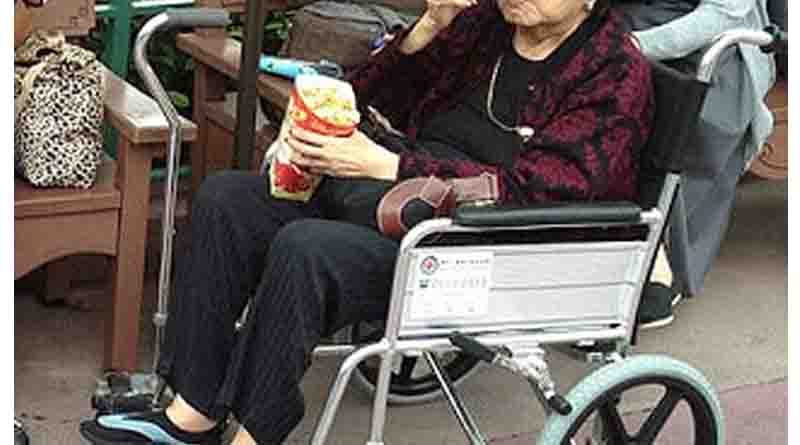Domestics Working Exclusively as Caregivers Being Pushed for HK

By Daisy CL Mandap
Trained caregivers among Filipino domestic workers are now being offered jobs in Hong Kong that do not require them to do unrelated house work.
This is according to Philippines-based recruitment agency owner Fred Palmiery, who said in an interview at the Philippine Overseas Labor Office on Jan. 22 that he has already placed more than 100 Filipinos in Hong Kong for such jobs.
The recruitment was reportedly carried out between Palmiery’s recruitment firm in Manila, Concorde International Human Resource Corporation, and its Hong Kong counterpart, Active Global Specialised Caregivers.
But the actual number of Filipinos working solely as live-in caretakers is reportedly higher, as there were some who were already working in Hong Kong when they were hired.
Most, if not all, of the caregivers, are paid more than the minimum, and at least one was reportedly given $12,000 a month.
A check of Active Global’s website shows that a caregiver’s salary is said “to start at $5,000” and could go higher, depending on the worker’s experience and qualification. No fee is collected from the worker, but the employer is charged a hefty $19,800 to import a trained caregiver from the Philippines.
Palmiery said that the employers of the caregivers are told at the outset that the worker should not be made to do housework, except when it is a related chore, such as preparing food for the ward. Even their work contract lists only caregiving in the list of duties.
Initially, he said Active Global had a problem recruiting workers from the Philippines because POLO would not verify employment contracts that specified only caregiving duties.
“Dati hindi sila makakuha sa Pilipinas kasi walang visa for them as caregivers. Ayaw ng POLO. So I explained to them na sa bahay naman sila magtatrabaho as live-in caregiver, kaya puwede ang foreign domestic helper na category,” Palmiery said.
To ensure that the undertaking is complied with, Active Global has reportedly set up a monitoring system that includes visits to the employer’s house to ensure that the caregiver is not made to do unrelated tasks.
Even then, there was at least one Hong Kong employer who reportedly complained that the agencies were doing something illegal by creating a different category of domestic helpers.
“Pero naayos na yata nila, idinaan sa Labor (Department),” said Palmiery.
The challenge now is to ensure a standard for the caregivers training given to Filipino workers in Hong Kong, like the intensive course offered by private groups like Active Global, and shorter courses provided for free by the HK Jockey Club.
To do this, Palmiery said Tesda (Technical Education and Skills Development Authority) should conduct a national certification (NCII) assessment of the caregiver trainees in Hong Kong.
He said an NCII certificate for caregivers could bolster the chances of our OFWs in getting better paying jobs, not just in Hong Kong but in many other places in the world where there is now a big demand for elderly health care.
But health practitioners like nurses and midwives should have no problem getting in front of the queue for such jobs.
They will just have to make an effort to find them.
(Source: www.sunwebhk.com)



